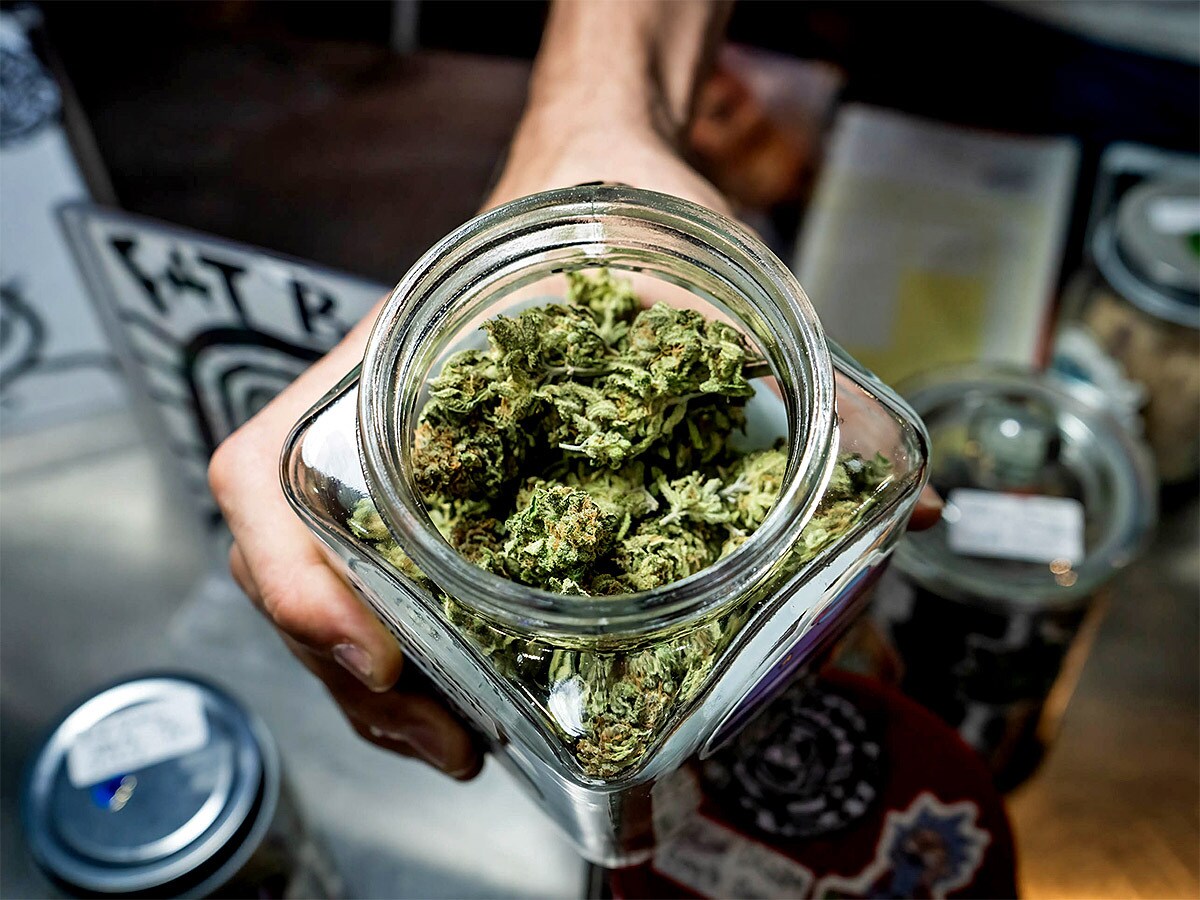Though the global cannabis market continues to expand, stalling legislation in the US has contributed to the underperformance of key holdings — such as Canopy Growth, Tilray and Cronos — in the ETFMG Alternative Harvest ETF. The fund has lost close to half of its value in the year-to-date but is performing better than its peers, as investors revaluate the future for the industry.
The ETFMG Alternative Harvest ETF [MJ] has performed poorly so far in 2022, despite the global market for cannabis showing signs of strong growth. Cannabis shares have underperformed in the year-to-date as US federal legislation stalls and market conditions are reassessed.
The ETFMG Alternative Harvest EFT targets global cannabis companies that are well exposed to growth in medicinal and recreational industries around the world.
As of 5 August close, the fund has lost 44.6% since the turn of the year and seen its value slashed by 64.4% in the past 12 months. The ETF’s holdings have been hurt by concerns that companies have been starved of funding and potential sales as state legislatures slow. So far in 2022, only Rhode Island has legalised recreational use.
In comparison, the Global X Cannabis ETF [POTX] has seen a 71.1% decline in valuation in the past 12 months to 5 August. The downbeat performance highlights how souring investor sentiment has been an industry-wide trend.
Competition intensifies for Cronos, Tilray and Canopy
The ETFMG Alternative Harvest ETF has a total of 41 holdings, with its largest stake being in Cronos Group [CRON], which accounts for 8.94% of the fund’s total assets. This is closely followed by Tilray [TLRY] (8.1%) and Canopy Growth [WEED] (5.27%).
Toronto-based cannabinoid company Cronos Group has seen its share price fall 52% in the past 12 months (through 5 August) as the cannabis industry has struggled. The company, however, announced a strong quarter for sales in the first quarter of the year. Net revenue for Q1 rose to $25m — nearly double the $12.6m recorded in the first three months of 2021.
Operating expenses only rose to $43m for the quarter from $42.2m the year before, despite the considerable expansion in operations. As a result, while the company still made a net loss of $32.6m for the quarter, it was an improvement on the $161.6m loss in the same period of 2021.
Tilray Brands, the fund’s second-largest holding, has also had a difficult year, with the stock down 72.1% in the past 12 months to 5 August. While revenue for the year ending 31 May rose 22% to $628.4m, the company made a considerable net loss of £434m for the year — higher than the £336m loss the year before. The company included an impairment charge of $395m, which was said to be “related to changes in market opportunities” as hopes for further cannabis legalisation fade.
Canopy Growth shares, meanwhile, have been slashed 85.2% in the past year. The company recorded a decline in revenue in its results released on 5 August as competition in the industry increased, and also took on an impairment charge of CA$1.72bn as the company also reassessed future market conditions.
Outlook weakens as legalisation hopes stall
The cannabis industry has seen an incredible transformation in the past decade, with the global market worth an estimated $37.4bn in 2021, according to cannabis analytics firm Prohibition Partners. While this growth is continuing and most companies are seeing a rise in revenues, the industry’s future remains heavily reliant on laws outside the control of companies.
Investors had hoped for a quick US federal legalisation after the Democrats took control of the Senate. However, the party has since failed to gain support in the Senate and hopes for a quick US legalisation have faded. The party’s Safe and Fair Enforcement Banking Act, which would allow banks to loan to cannabis companies without receiving penalties, has also failed to gain support. This had led investors to revaluate the future for the industry and the shares that the fund holds.
There are other challenges facing the industry that could dent future performance of the ETFMG Alternative Harvest ETF. A high inflationary environment is contributing to growing operating costs for an industry where most companies are already making a loss. Alongside this, rising interest rates have shifted investors away from high-growth sectors as alternative investments yield higher returns.
Continue reading for FREE
- Includes free newsletter updates, unsubscribe anytime. Privacy policy





